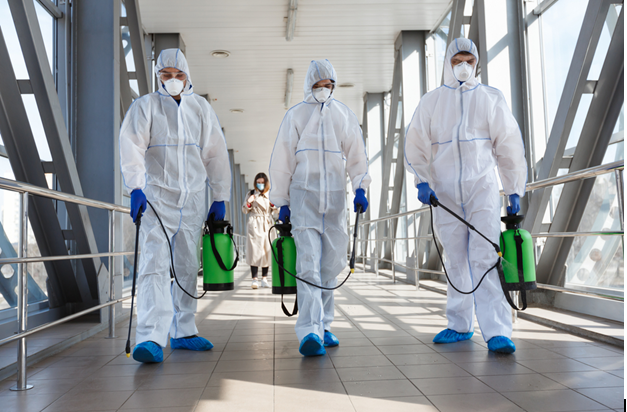
Table of Contents
- Introduction
- What is Emergency Mold Remediation?
- Signs of a Mold Emergency
- Health Risks Associated with Delaying Mold Remediation
- How Mold Damages Property
- Why Immediate Action is Crucial
- Steps in the Emergency Mold Remediation Process
- Mold Remediation for Different Property Types
- Preventing Mold Emergencies
- When to Call a Mold Remediation Specialist
- Conclusion
- Frequently Asked Questions (FAQs)
Introduction
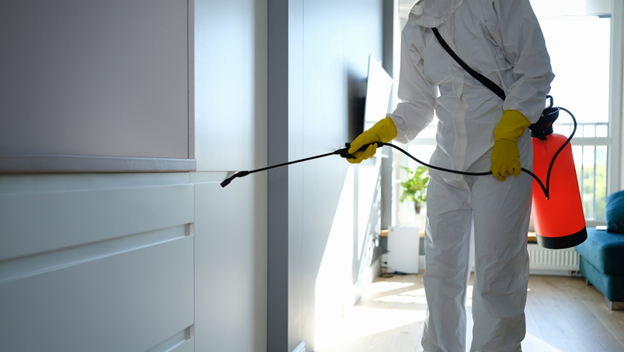
Mold growth can pose serious risks to both property and health. When mold spreads rapidly due to high moisture or poor ventilation, it can quickly become a full-blown emergency. This is where emergency mold remediation services, provided by mold remediation specialists, become essential. Acting fast can save you from severe structural damage and protect your health.
What is Emergency Mold Remediation?
Emergency mold remediation refers to the immediate intervention by specialists to contain and remove mold, often in serious situations like after flooding or fire damage. Unlike standard services, emergency mold remediation aims to prevent mold from spreading and declining within hours of distinguishing the issue. Companies specializing in fire reclamation frequently offer mold remediation as a portion of their suite of services, especially in post-disaster scenarios where water and smoke have infiltrated homes.
Signs of a Mold Emergency
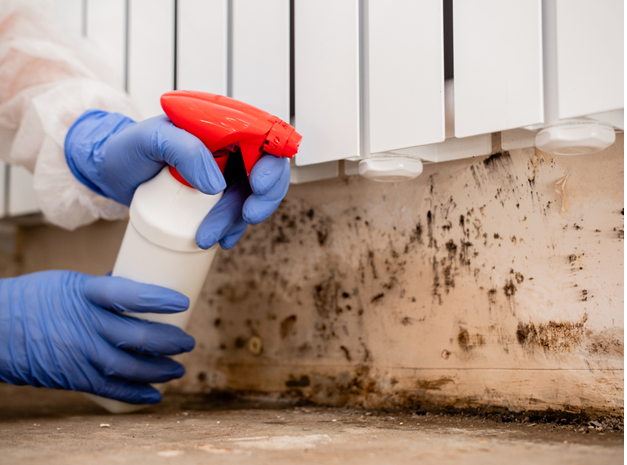
In some cases, mold infestations are sensible, whereas others require quick attention from mold remediation specialists. Knowing when to call a proficient is key to preventing long-term damage.
Here are common signs of a mold emergency:
- Visible Mold: If you can see patches of mold on your walls, ceilings, or floors, the problem is likely more extensive than it appears.
- Musty Odor: A strong, musty smell is often one of the first indicators of mold. If this odor persists, it’s essential to investigate further.
- Water Damage: Flooding, leaks, or any type of standing water can rapidly lead to mold. Addressing mold immediately after a water event can prevent a minor issue from becoming a widespread problem.
- Health Symptoms: Mold exposure can cause symptoms like coughing, sneezing, itchy eyes, and in severe cases, respiratory infections. If you or others are experiencing these symptoms, especially in damp areas of your home, it’s time to act.
Ignoring these signs can lead to extensive damage to your property and pose significant health risks.
Health Risks Associated with Delaying Mold Remediation

Mold exposure can lead to a wide range of health problems, particularly for individuals with asthma, allergies, or weakened immune systems. Prolonged mold exposure can result in:
- Respiratory Issues: Mold spores can aggravate asthma and cause chronic coughing or difficulty breathing.
- Allergic Reactions: Symptoms like sneezing, runny nose, and skin rashes can arise when mold is present.
- Long-Term Health Impacts: Extended exposure to toxic molds, such as black mold, can cause extreme respiratory sicknesses and long-term lung damage.
The dangers aren’t just limited to humans. Mold can moreover damage pets and plants in your home. The sooner mold remediation masters address the issue, the lower the chance to your family’s health.
How Mold Damages Property
Mold not only poses health risks but can also seriously damage the structure of your domestic. Over time, mold eats away at materials like wood, drywall, and cover, compromising the soundness of your dividers and ceilings. This kind of damage can result in expensive repairs or indeed constrain you from revamping parts of your domestic. Prompt activity is fundamental to protect your home’s astuteness and dodge a more broad reclamation project.
Why Immediate Action is Crucial
The longer mold is left untreated, the more difficult and costly the remediation process becomes. Mold spreads rapidly, especially in zones with high humidity or moisture. By acting immediately, you can:
- Minimize Property Damage: The speedier mold is expelled, the less damage it can cause to dividers, floors, and auxiliary components.
- Reduce Health Dangers: Immediate remediation decreases the time tenants are exposed to hurtful mold spores.
- Prevent Mold Spread: Mold spores can travel through the discuss, sullying other ranges of the building. Acting rapidly helps contain the mold in one area.
Working with mold remediation specialists guarantees that the mold is properly contained and removed, reducing the chance of future infestations.
Steps in the Emergency Mold Remediation Process
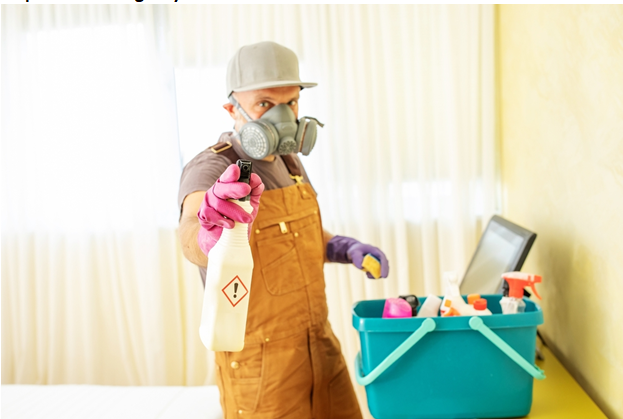
When you call in mold remediation pros, they follow a detailed preparation to ensure the mold is removed effectively:
- Assessment: The specialists conduct a thorough review to determine the extent of the mold growth.
- Containment: Containment barriers are put in place to prevent mold spores from spreading to other areas of the building.
- Air Filtration: HEPA filters are used to remove mold spores from the air.
- Mold Removal: Contaminated materials, such as drywall or insulation, are removed. Any remaining surfaces are cleaned with antimicrobial treatments.
- Restoration: Once the mold has been removed, the masters reestablish the region, supplanting any damaged materials.
In commercial settings, mold remediation may be combined with smoke damage cleanup, especially after fires where water and smoke have caused extensive damage. These coordinated administrations guarantee that the property is secure for both workers and customers.
Mold Remediation for Different Property Types
Mold influences private and commercial properties differently. In homes, mold is frequently found in basements, bathrooms, and kitchens, zones that see high humidity. In commercial spaces, like office buildings or warehouses, mold can thrive in HVAC systems or on large surfaces.
For commercial painting projects, mold remediation is particularly crucial. Mold can damage commercial building materials and cause health issues for employees, leading to operational downtime and significant losses.
Preventing Mold Emergencies
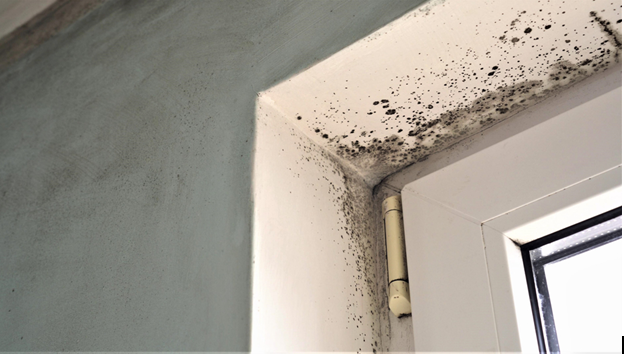
While it’s not always possible to prevent mold, there are proactive steps that can help reduce the risk of future infestations:
- Fix Leaks Immediately: Leaks from plumbing, roofs, or windows should be repaired as soon as possible.
- Ensure Appropriate Ventilation: Ranges inclined to dampness, such as lavatories and kitchens, ought to have appropriate ventilation to decrease humidity.
- Use Pressure Washing Administrations: Mold can also develop on the exterior of buildings. Regular pressure washing of your siding, decks, and other surfaces helps remove mold and mildew before they can cause damage. For optimal results, consider consulting experts like Alva mold remediation services for additional guidance on protecting your property.
- Keep Areas Dry: Use dehumidifiers and fans in damp regions to diminish the likelihood of mold growth.
By taking these preventive measures, you can minimize the chances of a mold emergency in the future.
When to Call a Mold Remediation Specialist

Knowing when to call a mold remediation specialist can save you both time and money. Here are some key indicators that you need professional help:
- Mold Covers a Large Area: If mold covers an area larger than 10 square feet, it’s time to call a specialist.
- Health Symptoms Are Present: If you or your family members are experiencing unexplained health issues, mold could be the cause.
- Water Damage Has Occurred: After any major water damage, mold can grow quickly. A professional inspection can determine if mold remediation is necessary.
Conclusion
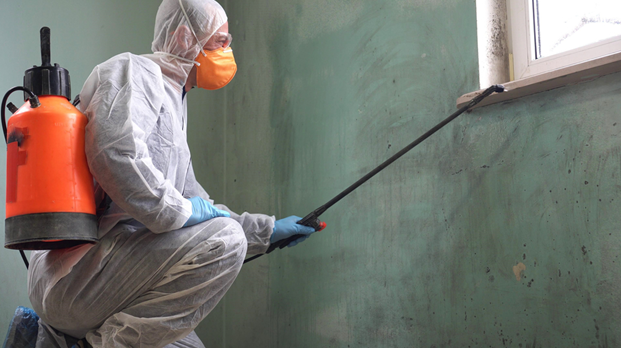
When it comes to mold, fast action is essential. Whether it’s a small patch or a full-blown emergency, mold remediation specialists can help you prevent further damage and maintain a safe environment. By staying proactive, you can avoid costly repairs and protect both your health and property value.
Frequently Asked Questions (FAQs)
How long does mold remediation take in an emergency?
Emergency mold remediation can take anywhere from a few days to a week, depending on the extent of the mold growth.
Can I handle small mold problems myself before calling a specialist?
For small, isolated areas of mold, you can attempt DIY methods, but anything larger should be handled by a professional.
What should I expect from an emergency mold remediation service?
You can expect immediate containment, mold removal, surface cleaning, and a thorough inspection to ensure the mold does not return.
